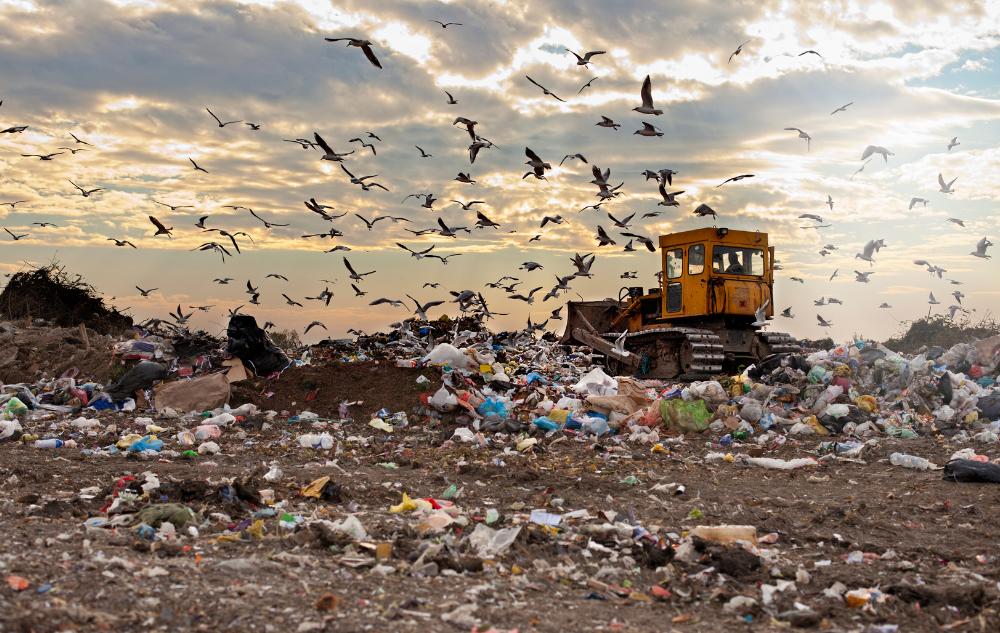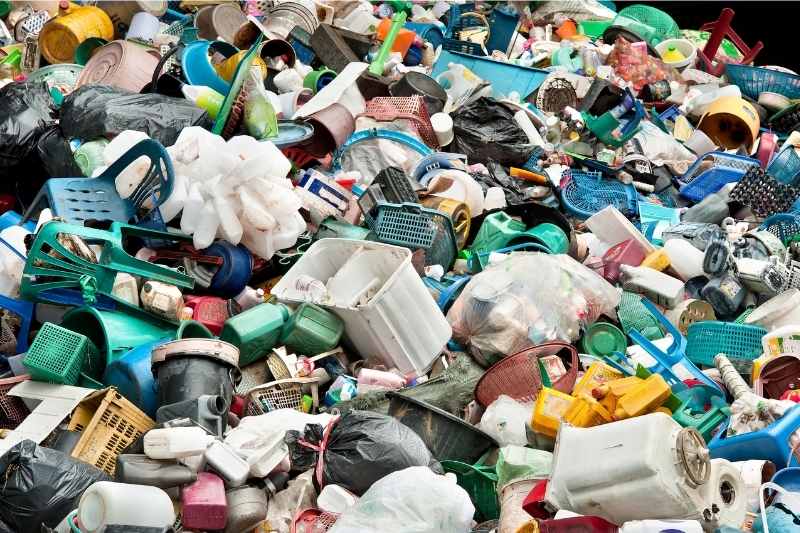Fight Household Food Waste Today and Make a Difference for the Planet
Food waste management is crucial to our planet and our health. It’s also one of the factors that can help mitigate our climate crisis. According to FoodTank, if the world’s food waste were a country, it would be the third-largest producer of emissions, behind the United States and China. Food waste accounts for 6% of total global greenhouse emissions, yet most food wasted is edible and nutrient-rich.
As One Planet Life’s recent article highlights, up to a third of all global greenhouse gas emissions are from food-based sources. Reducing household food waste is an easy way for individuals to make a profound difference in the fight against climate change.
In the United States, it is estimated that 30-40% of produced food is wasted.
As Foodprint notes: “Food is lost or wasted for a variety of reasons: bad weather, processing problems, overproduction and unstable markets cause food loss long before it arrives in a grocery store, while overbuying, poor planning and confusion over labels and safety contribute to food waste at stores and in homes.” All this to say, we need to think critically about how our food is produced, how much needs to be produced, and how it gets delivered to consumers. Then, consumers must determine how much they need to buy and eat before it’s unsafe to do so.
The largest percentage of food waste occurs in our homes.
Producing food requires significant resources and effort, making it concerning that a large portion goes uneaten. Although some food waste can be linked to supply chain issues, most happens at the consumer level.
We are sacrificing natural resources to produce food that is never eaten.
Unfortunately, food waste has compounding implications for our planet. It takes up space in landfills and wastes natural resources, but the damage doesn’t end there. As food waste decomposes, it creates methane, a potent greenhouse gas that traps up to 80 times more heat than carbon dioxide in its first 20 years of release.
Limiting your household’s food waste is easier than you think.
Shifting the carbon footprint of our food sector will require collective efforts across the globe. But we can still make meaningful progress now to minimize household food emissions. The One Planet Life app makes it easy to track your carbon savings.
-
Consider adjusting your diet to lessen your consumption of resource-intensive foods.
You don’t need to go vegan to make an impact (although you certainly could!). Replacing even a few meals per week with vegetarian, plant-forward fare can save over 300 pounds of carbon emissions annually. Swapping beef for chicken 2x a week can save around 514 pounds of CO2 over one year.
-
Meal plan before you shop.
Before you head to the market, decide what meals you will be preparing and what food items you need for the week. This will cut down on impulse buying and help ensure that the fresh produce you buy gets consumed.
-
Consider buying frozen or canned.
One of the most common food items to hit the landfill. You can prevent food waste by only buying what you need and prioritizing its consumption. But if you still struggle to cook fresh produce before it perishes, consider buying frozen or canned produce, which has a longer shelf life.
-
Consume leftovers.
Preparing what you can consume is a great way to prevent food waste. However, if you end up with leftovers, prioritize their consumption. Leftovers save money and make lunchtime easy!
-
Use your freezer.
If you don’t think you’ll be able to eat all your leftovers in the days after preparing a meal, consider freezing individual portions to be consumed later. Overbuy on meat, bread, or produce? Freeze the excess and incorporate it into future recipes. Make a large batch of baked goods? Most can be frozen for three months or more and are just as delicious as when they came out of the oven.
-
Compost your food waste.
Composting your food waste packs a one-two punch for carbon emissions savings. First, your food waste scraps avoid the landfill, which mitigates the methane gas released into the atmosphere. Then, once food scraps break down into a nutrient-rich compound (known as “black gold”), you can integrate it into your gardens and enjoy homegrown, organic produce without the need for synthetic fertilizers. Composting your household food waste can save an average of 228 pounds of carbon emissions per year!
Let’s rethink our approach to food today.
There are so many resources available online to help you lessen your food waste. Find a composting service near you. Discover 14 apps that help prevent food waste. Or take a deeper dive to understand the food sector’s global impact on our carbon footprint. Your actions are powerful and can create a ripple effect. Commit to reducing your household’s food waste today!
Discover More
One Planet Life Insights draw from a vast array of data gathered from the most reputable sources in the world. We curate and compile this rich information into interactive, easy-to-navigate insight maps to help you better understand your community and the world around us.










